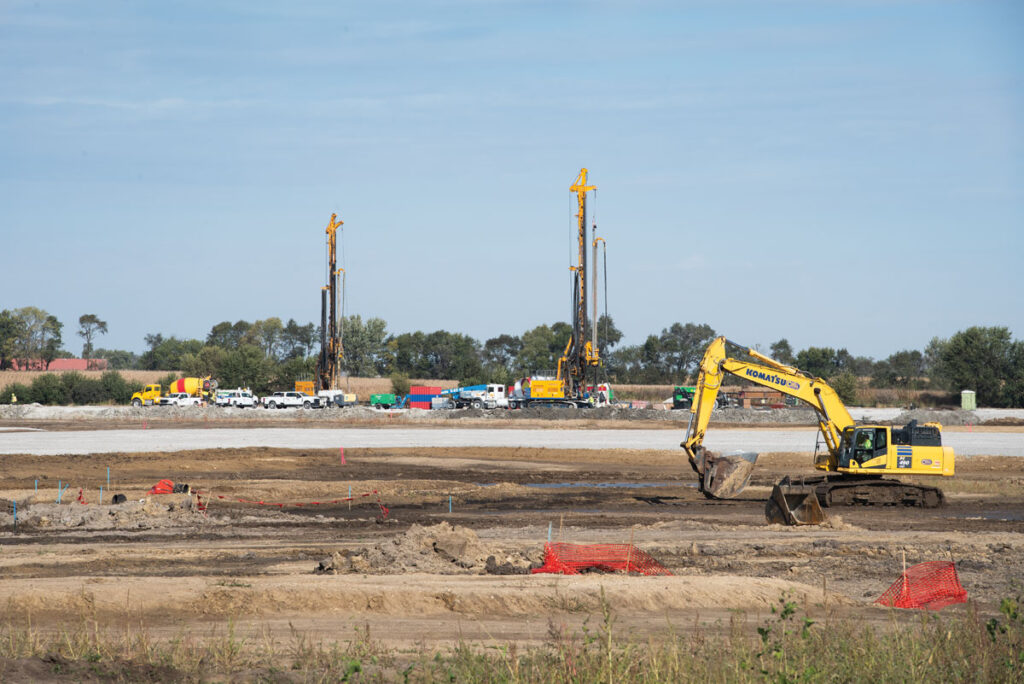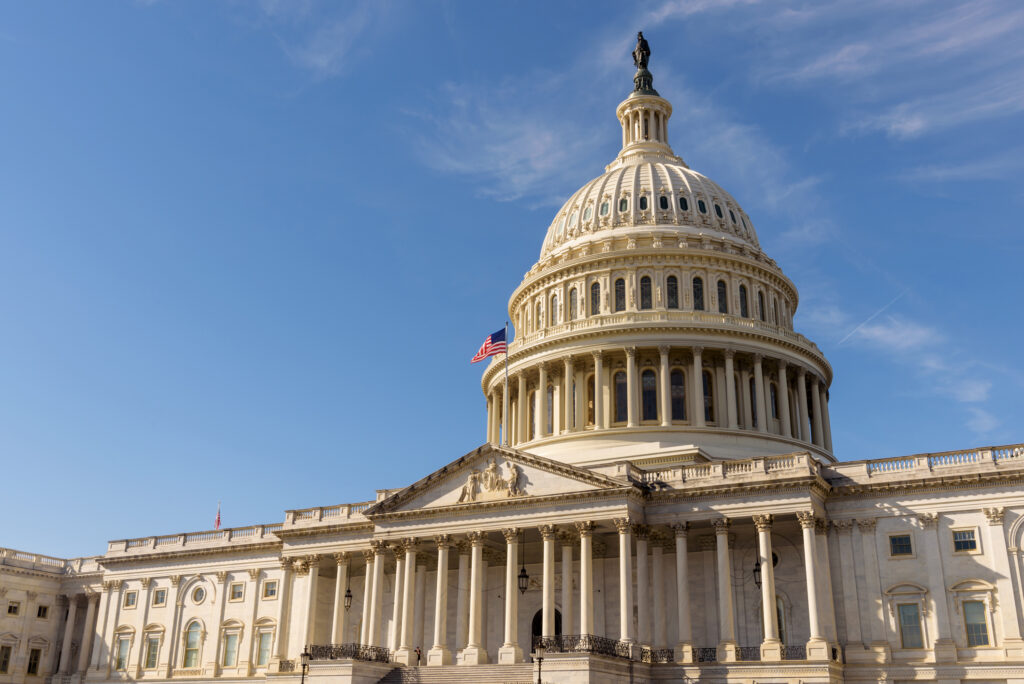Results of Community Health Needs Assessment released

MICHAEL CRUMB May 10, 2022 | 3:45 pm
3 min read time
616 wordsAll Latest News, Arts and Culture, Economic DevelopmentNearly 20% of Polk County residents skipped prescription drug doses to save money last year, with more than 15% saying transportation was an obstacle in getting to a doctor’s appointment, according to a survey designed to seek solutions that would improve the health of people living in Central Iowa.
The results of the Community Health Needs Assessment were released on May 4. The 185-page report is the result of data gathered in 2021 using information from multiple sources based largely on the Centers for Disease Control and Prevention Behavioral Risk Factor Surveillance System and various other public health surveys and customized questions that address gaps in health care. Responses are from Polk, Warren and Dallas counties.
Regional leaders launched the survey to help them develop a vision for an environment that allows all residents to live healthy lives and take responsibility for their own health. The survey was done in conjunction with the Capital Crossroads Regional Vision Plan, a steering committee that included Broadlawns Medical Center, MercyOne, UnityPoint Health-Des Moines, the Dallas County Public Health Department, the Polk County Health Department, Warren County Health Services, Mid-Iowa Health Foundation, United Way of Central Iowa and Everystep.
The steering committee awarded a contract to Professional Research Consultants to conduct the assessment, which is required by the Patient Protection and Affordable Care Act, which requires nonprofit hospitals to conduct a Community Health Needs Assessment every three years.
It will be used by local health groups to guide organizational policies, priorities and investments, with the efforts being coordinated by the Capital Crossroads Wellness Capital committee.
The survey identified 10 areas of opportunity:
- Mental health.
- Respiratory disease/COVID-19.
- Nutrition, physical activity and weight.
- Substance abuse.
- Heart disease and stroke.
- Access to health care services.
- Infant health and family planning.
- Injury and violence.
- Sexual health.
- Cancer.
Other findings from the report show that more than 35% of Polk County residents worried about how they would pay rent or a mortgage in 2021. Nearly 25% had avoided medical care in the past two years because of the coronavirus pandemic, 31.3% reported they were food insecure and more than 17% said they were living in unhealthy or unsafe housing conditions.
The report also identified that 10.4% of Polk County residents — and 13.6% of children — were living in poverty.
It also found that 76.3% of residents in Polk County had a specific source of ongoing care, with 68.3% having had a regular checkup in the past year.
For the overall three-county region the report also showed that about 55% of those surveyed said they felt they were in very good or excellent health; 32.4% said they were in good health, with just 12% reporting they felt they were in fair or poor health.
On a question of mental health, more than 48% said they felt their mental health status was very good or excellent, 27.4% good, and more than 24% fair or poor.
According to the report, 68% of those surveyed in the three-county area agreed or strongly agreed that their community was a welcoming place to all races and ethnicities, with only about 13% disagreeing. About 18% provided a neutral response to the question.
When asked if they thought their community was welcoming to people of all sexual orientations, 57% agreed or strongly agreed, with nearly 18% disagreeing or strongly disagreeing. About 25% provided a neutral response to that question.
Britney Applegate, director of Capital Crossroads, said the overall health of the region will affect its “vibrancy and well-being.”
“The Community Health Needs Assessment gives leaders and organizations the tools and data we need to make decisions and plans that lead to better health for all who live in Central Iowa,” she said.









